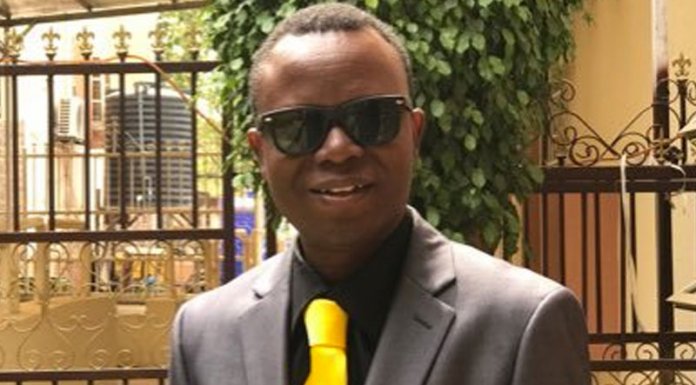It was a charged atmosphere in Lagos as jurists dissected the draft Unified Penal and Criminal Codes initiated by the Centre for Socio-legal Studies. The roundtable which held at Lagos Ibis Hotel, Lagos was designed to seek inputs from stakeholders towards fine-tuning the draft into a bill.
In a welcome address to the national workshop on the reform of criminal/penal codes and the Code of Conduct Bureau and Tribunal Act, Professor Yemi Akinseye-George SAN, President of the centre, said the forum is designed to share the proposals being developed at the centre for improving criminal justice administration and strengthening accountability and transparency in Nigeria.
According to the foremost jurist, “The centre has been conducting studies into the substantive criminal laws, particularly the Penal Code and the Criminal Code as applicable to federal offences.”
“In addition to presenting the findings from our studies of the federal criminal provisions, this workshop will also enable the centre to receive additional inputs from the stakeholders in Lagos and other Southern States,” he said. “This workshop is part of a larger project which seeks improvements not only in the procedural laws relating to the anti-graft campaign but also in the substantive criminal laws which would have lasting impact on the struggle to build the legal system into a stronger bulwark for transparency and accountability.”
Bemoaning the fact that Nigeria’s substantive laws are trailing the Administration of Criminal Justice Act 2015 (ACJA), the leading law reform advocate said: “Clearly, our society has changed so drastically in the last sixty years so much so that the laws which were made in the sixties are no longer capable of addressing the needs and challenges of the present.”
Akinseye-George noted that while States such as Lagos, Adamawa, Kaduna, Plateau and Kano have enacted new criminal laws and penal codes, “the Federal Government continues to rely on the outdated Federal criminal provisions which remain the primary substantive criminal laws applicable in the FCT and the federal courts.”
The jurist chided federal lawmakers for churning out “uncoordinated enactment” that are “neither predicated on any scientific Needs Assessment nor on deliberate attempt at avoiding over-legislation, contradictory or overlapping provisions.”
He stated that the task of harmonizing federal criminal provisions is “long overdue,” adding that “The poor quality of some of the laws being churned out by the National Assembly has created an awkward situation in which the President has returned many Bills unassented on account of superfluity or inconsistency with other laws. A good example is the recent Proceeds of Crime Bill, a much-needed anti-graft tool, to which Mr. President declined his Assent.”
Akinseye-George expressed concerns that while the ACJA contains modern procedures, “the Codes which the ACJA is used to enforce are largely outdated having not been improved upon since passage in the 1960s. Currently, there is little or no interest in enforcing the outdated codes as they are not relevant to the modern times and prescribe weak punishments for corruption and other crimes.”
Noting that the centre was instrumental in the enactment of both ACJA and the Evidence Act 2011, he listed the fundamental principles governing reform of the codes to include decriminalization of petty offences, repositioning the criminal laws as instruments of good governance and socio-economic development, boosting relevance to contemporary needs of the society such as improving economic opportunities for the great majority of Nigerians, improving access to justice for the vulnerable, simplification of offences, institutionalization of restorative justice mechanisms, harmonization with the Constitution and existing laws, and consistency with modern criminal justice system and global best practices.
Akinseye-George stated that the proposals would be consolidated into draft Bills and forwarded to the Attorney-General and Minister of Justice, Mr. Abubakar Malami SAN and “proactive members of the National Assembly” for possible passage into law.
Among the dignitaries who attended the workshop are Justice Yetunde Pinheiro of the Lagos High Court, Justice Eniola Fabanwo of Ogun State High Court, Chief Magistrate Adedamola Paul of Lagos State Judiciary, and Prof. Iyabode Ogunniran of Faculty of Law, University of Lagos among others.
Please send emails to citylawyermag@gmail.com. Copyright 2018 CITY LAWYER. All materials available on this Website are protected by copyright, trade mark and other proprietary and intellectual property laws. You may not use any of our intellectual property rights without our express written consent or attribution to www.citylawyermag.com. However, you are permitted to print or save to your individual PC, tablet or storage extracts from this Website for your own personal non-commercial use.


Leave a Reply
You must be logged in to post a comment.